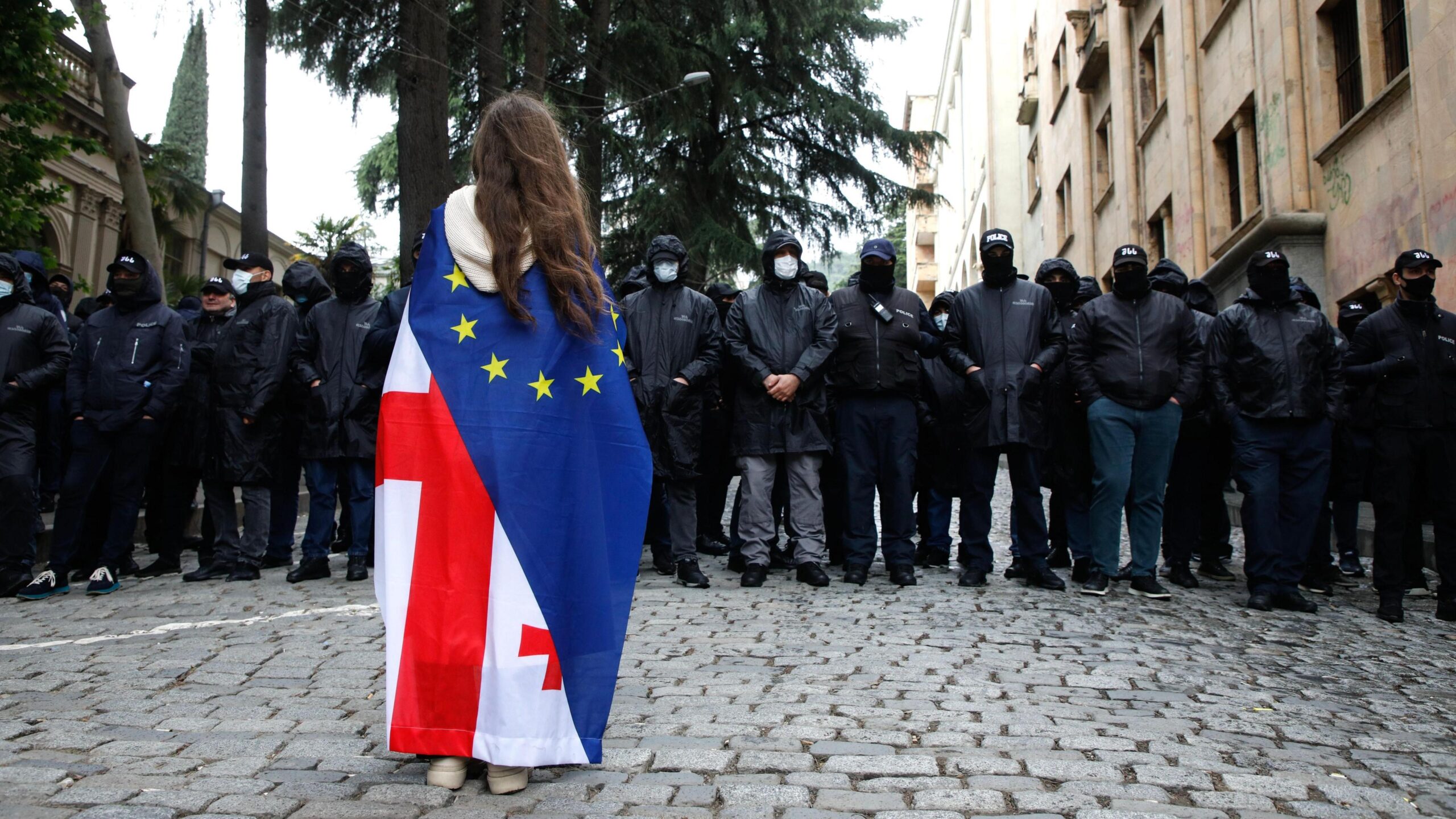Due to a referendum with many tensions in Moldova, the country’s decision to change its constitution to join the European Union needs to be clarified. ‘Thus far, in a preliminary outcome where 97% of the vote is accounted for, the “No” vote stands at 50.1%, while the “Yes” vote trails behind at a close 49.9%. The surprise about this margin comes after recent polls that indicated a solid lead for the pro-EU camp.’
‘The incumbent head of state, President Maia Sandu, is pro-EU and criticised the election outcome, despite claims of foreign interference, particularly by Russia. Sandu termed the outcome as an “unprecedented assault on democracy,” based on claims that Russia had interfered in voters’ choice.’ Moscow dismissed the claims as baseless.
Vote-Buying Accusations and Foreign Interference
‘The vote has become a battleground in the country’s struggle between Western and Russian influence. The runoff election will likely pit pro-Russian candidate Aleksandr Stoianoglo against incumbent Sandu, who led in the first round with 41%.’ Complaints of electoral manipulation follow elections, so a narrow win here is making things worse for Sandu.’
Moldova’s chief prosecutor, Sandu has said that the evidence “is crystal clear,” including 300,000 votes bought for the wrong purposes. Describing this as a fraud of unprecedented scale, Sandu charged that “criminal groups” loyal to foreign actors were undermining the democratic process. The Kremlin has continued to deny any involvement despite these heavy accusations.
Why Moldova’s EU accession matters
The stakes in this referendum are relatively high. Though technically, the vote itself was not legally binding, it marked a final step towards defining the future course for Moldova and the EU. Now that the whole process took on an aspect of favoring the “No” camp, the destiny of Moldova does not seem as straightforward as it had once seemed.
The referendum for Sandu and the pro-EU forces represented a historical date for Moldova: becoming or remaining as close to Europe as possible, thereby keeping the possibility of friendly relations with Russia open. Oksana, one voter, encapsulated the sentiment of many Moldovans when she said, “We should choose a European future for our country, for our children, for our future—for geopolitics, for peace—that’s the most important.”
It has come under increasing scrutiny in terms of legitimacy. Russia economically and politically supports the breakaway region of Transnistria, where vote-buying claims have surfaced. A BBC investigation uncovered proof of people paid to vote: a female interviewee confessed she had been promised to vote, but no one gave her any money.
Besides, another Moldovan businessman on the run, Ilan Shor, accused of pumping Russian money into Moldova, had a word for the voters, asking them to boycott the EU referendum or vote against it.
Days before the election, Shor posted a video calling on Moldovans to vote for “anyone but Sandu” in the presidential race, once again bringing foreign interference into the limelight of Moldova’s political affairs.
Moldova’s Future: EU or Russia?
It is a time to turn back no more. The referendum polls have yet to be finalized, but the preparation for the second round of presidential elections has already started. And now, because of this situation, the country’s future has come to a crossroads: whether Moldova will continue on its path toward membership in the EU or return to the course of more direct relations with Russia. Such a moment will define the country’s perspective for decades forward.
For more reporting like this, please follow Newsdecensored on your favorite social media sites and bookmark the website. Thank you for your interest and support.















